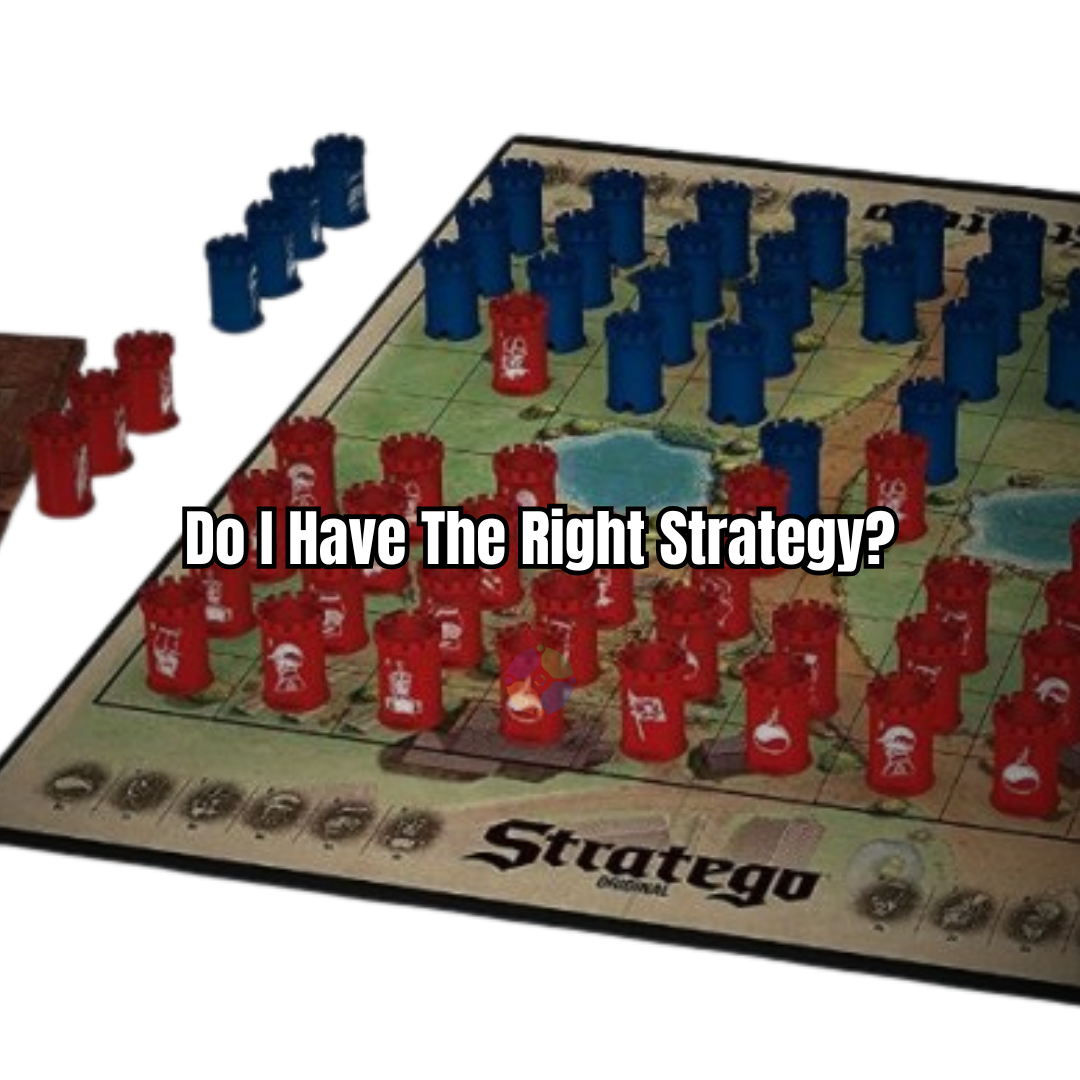How Do I Know If I Have the Right Marketing Strategy?

What small business owners need to understand about building a real plan for growth
If you're a small business owner who’s relied mostly on word of mouth to grow your company, you're not alone. Many businesses start this way. Friends tell friends, referrals roll in, and suddenly you’ve got momentum. But at some point, word of mouth slows down or stops altogether and you realize something: you never had a real marketing strategy.
So how do you know if your current marketing plan is the right one?
Here are the questions you should ask yourself to find out.
1. Do You Know Who You’re Trying to Reach?
The foundation of every good marketing strategy starts with knowing your ideal customer. Not just their age or income level, but what they care about, what problems they’re trying to solve, and where they spend their time.
If your strategy is "anyone who needs my service," that’s not a strategy. That’s a hope.
Ask yourself:
- Can I describe my ideal customer in one sentence?
- Do I know what their biggest pain point is?
- Can I identify the channels where they spend time?
If you can't confidently answer those, it’s time to get clearer on your audience.
2. Do You Know Why They Should Choose You?
This is where most small business owners struggle. You might think your work speaks for itself, but if no one knows about you, that doesn’t matter.
A solid strategy answers the question, “Why you?”
- Why should a customer choose you instead of the competition?
- Why should they buy now instead of later?
If your messaging doesn't clearly communicate this across your website, social media, and sales materials, your strategy is incomplete.
3. Are You Showing Up Consistently?
Inconsistent marketing is one of the biggest killers of momentum. Posting once a week for three weeks and then disappearing for two months will not get you anywhere.
You don’t need to be everywhere. You just need to be consistent where it matters.
That could mean:
- A regular email newsletter
- Two videos per week on social media
- Weekly blog posts (like this one)
Consistency builds familiarity. Familiarity builds trust. Trust leads to sales. If you’re not showing up consistently, even the best strategy will fail.
4. Are You Tracking Results or Just Hoping?
Another common trap is doing a bunch of marketing and hoping something works.
Real strategies include real metrics:
- Website traffic
- Email open rates
- Cost per lead
- Conversion rates
If you’re not measuring anything, you won’t know what’s working or what to improve. Tools like Google Analytics, Mailchimp, or HubSpot CRM make tracking easier than ever, even for small teams.
5. Are You Giving It Enough Time?
A good marketing strategy is not a quick fix. It is a long-term investment. Many small business owners give up too soon. They try something for a few weeks, don’t see results, and decide marketing doesn't work.
But here's the truth: strategy takes time to work.
You need enough time and data to:
- Build brand awareness
- Earn trust
- Test messaging and offers
- Refine your approach
If you haven’t committed at least 90 days to executing a plan consistently, you don’t yet know if your strategy is working.
The Bottom Line
The right strategy gives you clarity. It helps you focus your efforts, speak directly to the people you want to help, and track what’s working so you can do more of it.
If you’re still relying on word of mouth or posting content randomly, you don’t have a strategy. You have a habit. And habits don’t scale.
A real marketing strategy helps you grow on purpose, not by accident.


